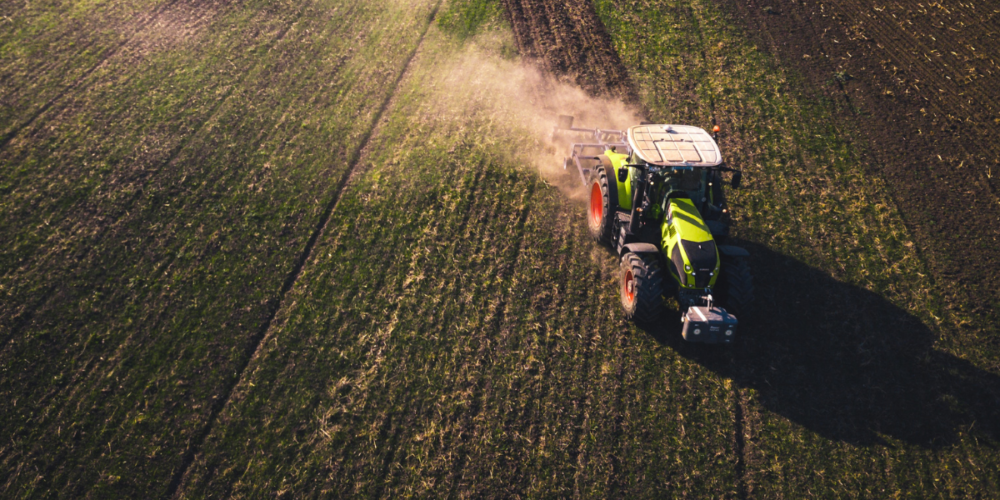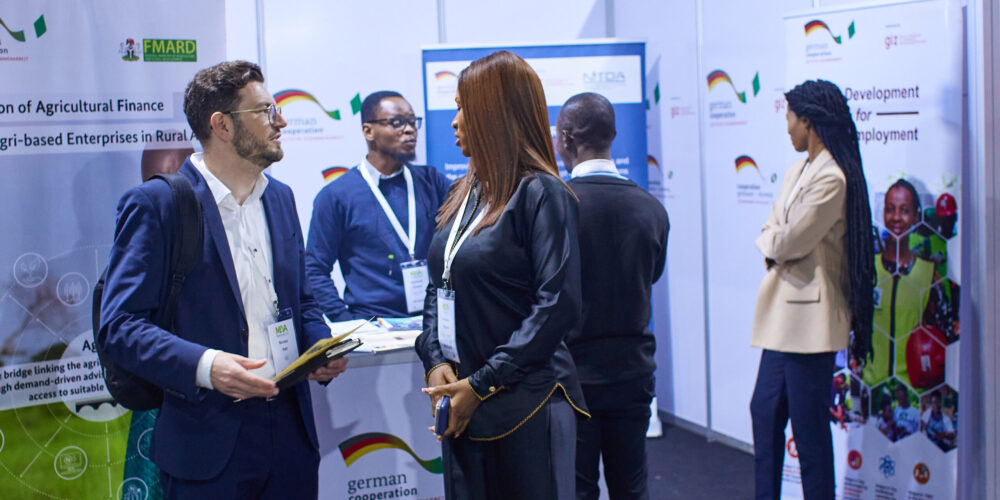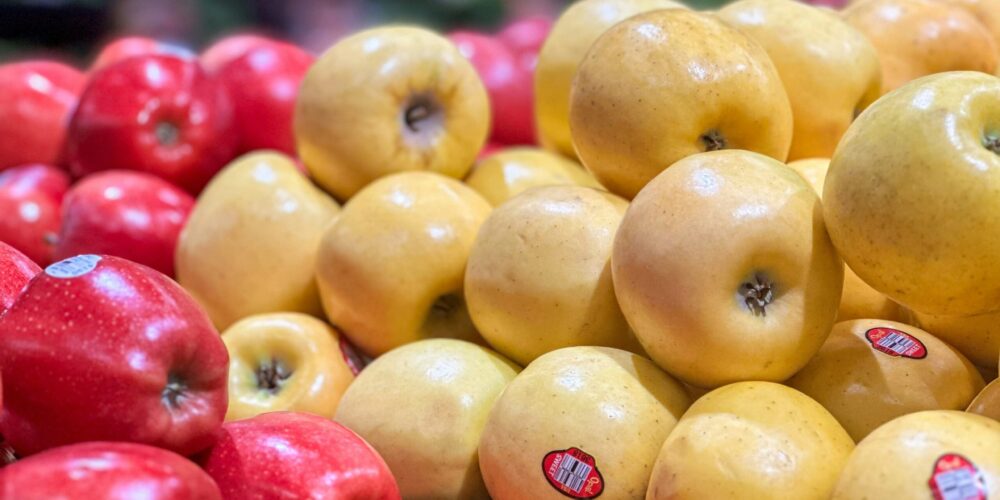Recent developments in Namibia have garnered attention, with several local articles…

Enhancing Market Access in African Agriculture: A Strategy for Sustainable Development
Despite Agriculture’s importance, farmers often face a significant challenge – limited market access. This issue is critical in achieving several Sustainable Development Goals (SDGs), including Zero Hunger (SDG 2), No Poverty (SDG 1), Good Health and Well-being (SDG 3), Gender Equality (SDG 5), and Decent Work and Economic Growth (SDG 8). Fair market access enables farmers to sell their produce at beneficial prices, supporting community prosperity and economic growth.
Market access is hindered by inadequate infrastructure, such as roads and storage facilities, limiting the transport and preservation of agricultural products. Additionally, farmers often lack essential market information and bargaining power. Inefficiencies and bureaucratic challenges in cross-border trade also contribute to this issue.
Improving market access requires a multifaceted approach. Infrastructure development is essential to reduce post-harvest losses and ensure products reach markets effectively. Incorporating digital technology can provide farmers with critical market information, allowing them to make informed decisions and access necessary capital through digital financial services.
Policymaking also plays a crucial role. Trade policies within Africa and globally need revision to facilitate easier market access for African agricultural products. Moreover, market access is not only an economic issue but also a matter of equity. Women, who make up a significant part of Africa’s agricultural workforce, often face greater challenges in accessing markets. Ensuring equal opportunities for them is crucial for overall economic development.
As we approach the 2030 deadline for the SDGs, it’s clear that enhancing market access in African agriculture is vital for sustainable development. This approach will not only support farmers but also transform rural economies, contributing to the continent’s growth. Effective policies, infrastructure, and innovation are key to realizing the potential of African agriculture and bringing its products to the global stage.
Increasing market access also requires attention to value addition. By processing and packaging their produce locally, African farmers can earn more and create jobs. Furthermore, regional collaborations and trade agreements can open new markets and reduce trade barriers. The African Continental Free Trade Area (AfCFTA) is a step in this direction, aiming to create a single market for goods and services across 54 countries, potentially transforming the continent’s economic landscape.
Environmental sustainability must also be integrated into market access strategies. Practices that preserve soil health, water resources, and biodiversity are essential. This not only ensures long-term agricultural productivity but also aligns with SDG 13 (Climate Action), making agriculture part of the solution to climate change.
In essence, improving market access in African agriculture is a comprehensive strategy that can accelerate significant progress towards the SDGs. It requires concerted efforts from governments, international organizations, the private sector, and the farmers themselves. By addressing these challenges, the agricultural sector in Africa can be transformed, offering a brighter, more prosperous future for the continent.


